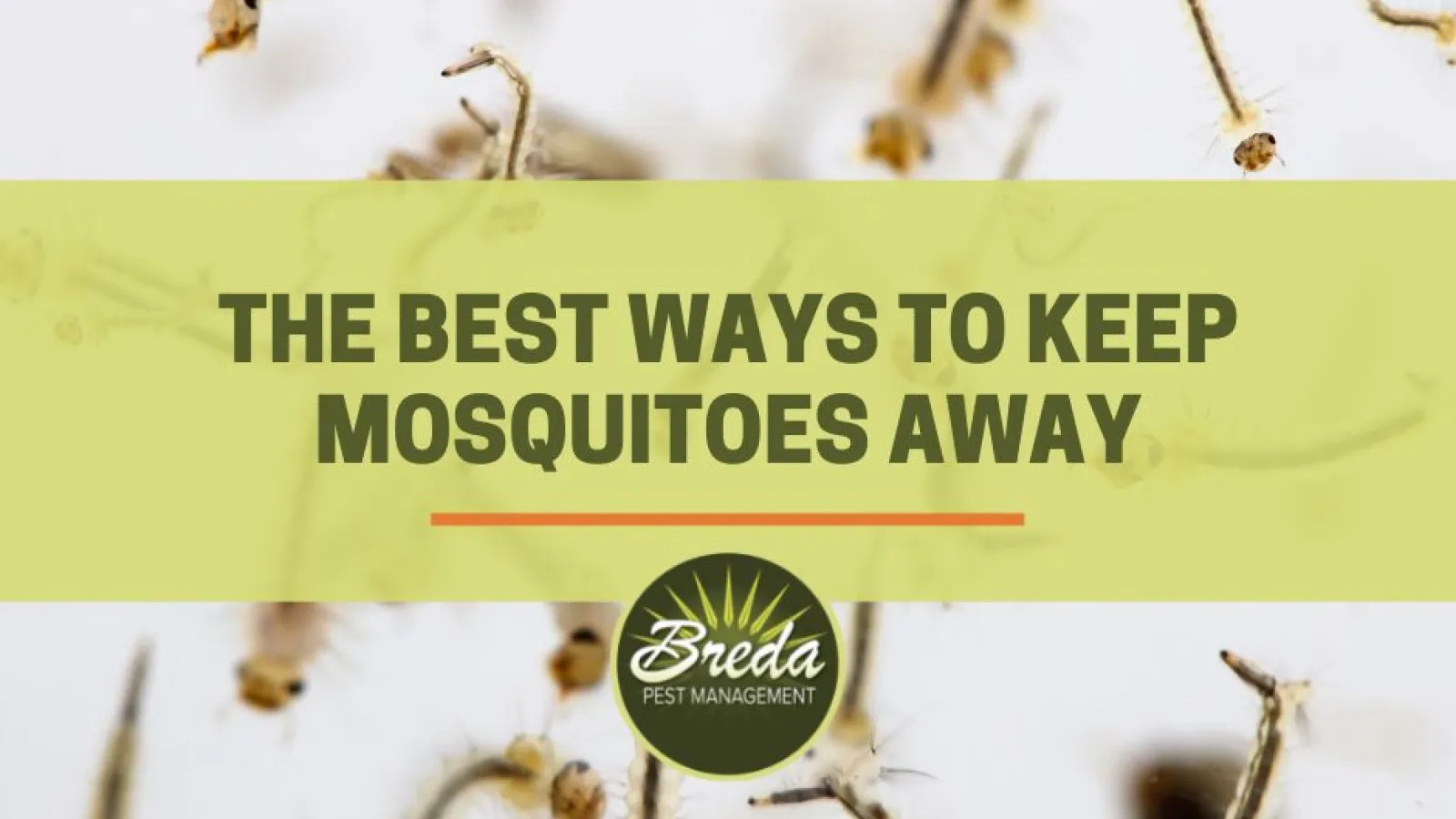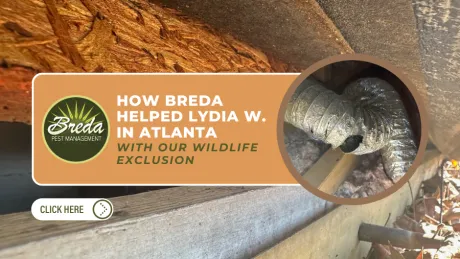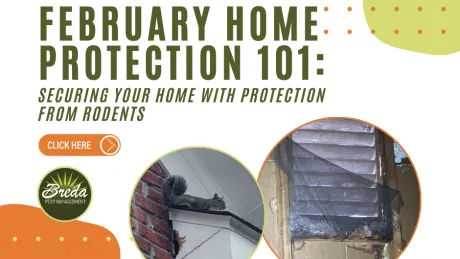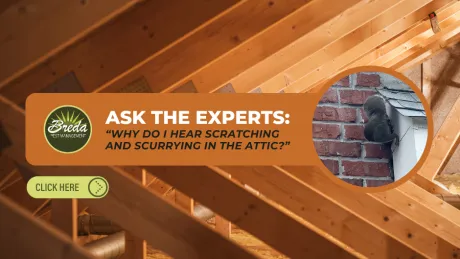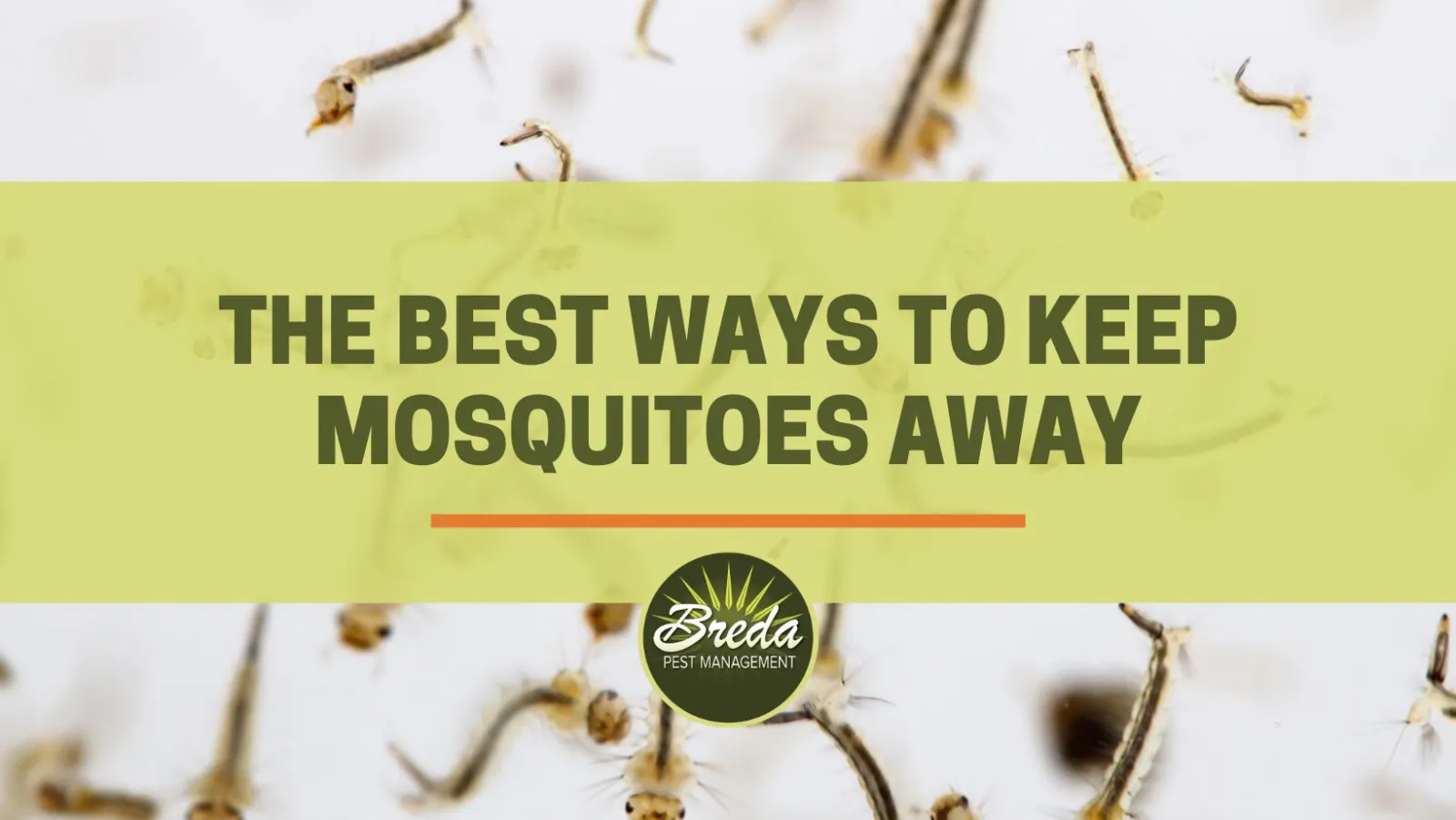
If you live in the South, is it even possible to enjoy a spring and summer outdoors without getting eaten alive by mosquitoes? Yes, it is! Mosquitoes in Georgia may be brutal, but thanks to science and homeowners keeping a watchful eye out for collecting water, home mosquito control is possible. How? Keep reading!
Why do mosquitoes like water?
Mosquitoes have a four-stage life cycle, and the first three stages of that cycle involve water. (For more in-depth information on a mosquito's life cycle, click here!) Female mosquitoes will find any source of still water they can, and will lay 100-200 eggs. These hatch to larvae, which develop into pupae, which then become adult mosquitoes who will go on to begin the cycle all over again with new eggs.
Mosquitoes will only lay eggs on still water, which is why bird baths, kiddie pools, and even empty planter pots are such a threat to your backyard's chances of being mosquito-free. Why still water? When mosquito eggs become larvae, they need organic matter to feed on, which stagnant water just so happens to be full of. These larvae will even journey up to the water's surface to breathe oxygen, a task made much easier in water that isn't moving.
How do you get rid of mosquitoes in Georgia?
The best mosquito pest control advice: get rid of standing water in your yard. While that is the best advice, it is also the trickiest. Water can hide just about anywhere, especially in the South where rainstorms are a summer staple. The main places to look for standing water include playground equipment, backyard toys, bird baths, kiddie pools, and lawn care equipment like carts.
Some less noticeable places where water may be gathering include your home's gutters, which can become clogged and hold water that you can't necessarily see. If you've installed underground pipes that drain water from your gutters, these pipes are also often breeding grounds for mosquitoes and will need to be treated with larvicides.
On your quest for home mosquito control, don't forget to keep your lawn clear of any fallen leaves, especially from magnolia trees. These leaves are large enough and dry in a curved shape that makes them perfect little egg-laying pools for female mosquitoes. Regularly check your lawn for any spots where water may be pooling and correct the grade or drainage of those areas promptly.
For most Georgia homeowners, finding a mosquito control service is the best chance a homeowner has at enjoying the outdoors during mosquito season this year. At BREDA Pest Management, we provide metro-Atlanta homeowners with a mosquito control treatment program that includes monthly treatments starting in March and running through October. Because Georgia provides mosquitoes with optimal temperatures and weather for 7-8 months out of the year, it is crucial that a continuous treatment plan is followed.
BREDA's mosquito treatments are all-natural and organic, which means they will only affect mosquitoes and not your lawn's beneficial insects. This treatment is applied to potential egg-laying areas around your lawn, targeting mosquitoes that are ready to lay their eggs. When the mosquito enters the area, she will lay her eggs in water that is treated. The treated water uses polarity once the mosquito enters and the mosquitoes positive charge allows the growth regulators to bind to her body. The mosquito is laying eggs but those eggs will not develop into adults. After laying a batch of eggs, the contaminated mosquito searches for a new spot to lay more eggs. At every stop, the infected mosquito contaminates the water. What does this mean for you? More time outside!
If you're tired of wondering what the pests in or around your home are doing and just want them gone, don't hesitate to give us a call. The BREDA Guarantee promises to protect your home and keep it protected—no matter the circumstances. Schedule an inspection online or give us a call at 770-466-6700.
